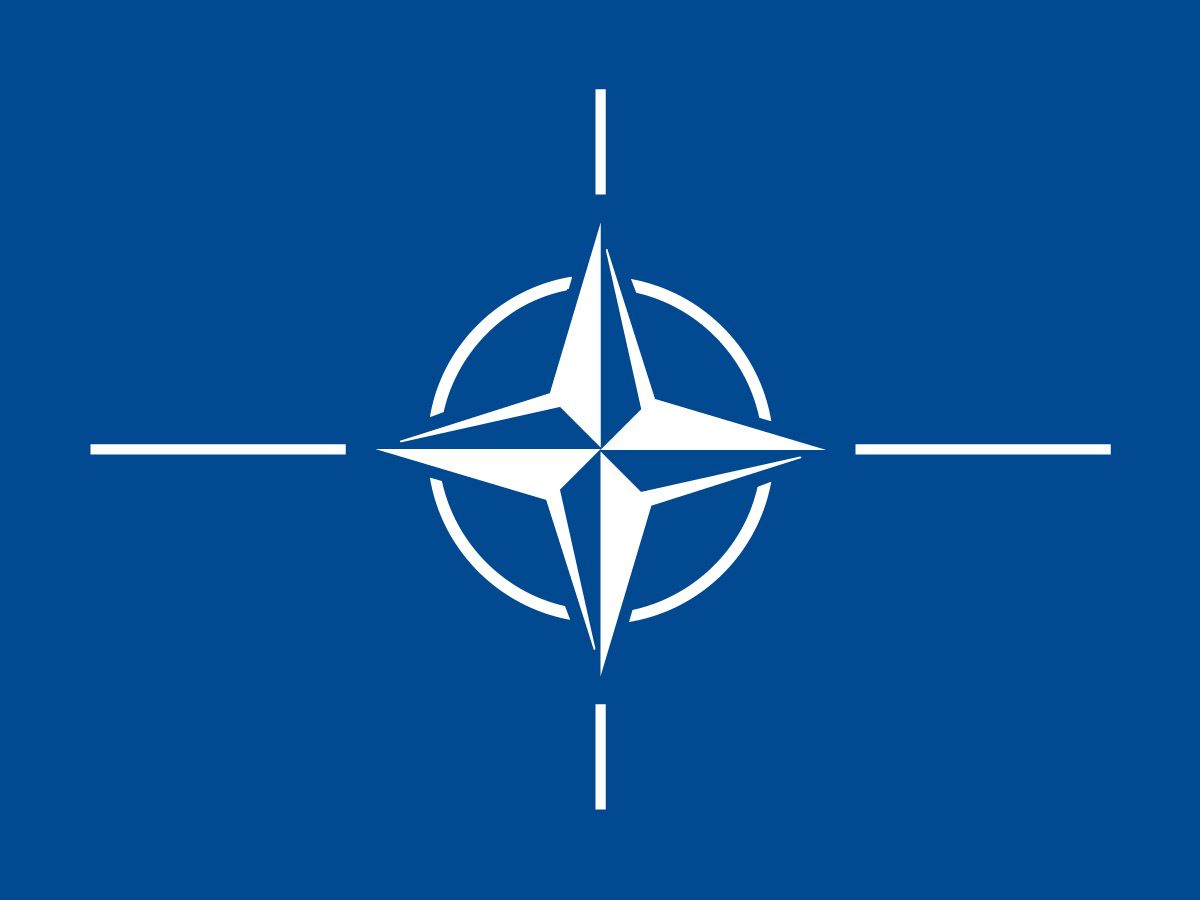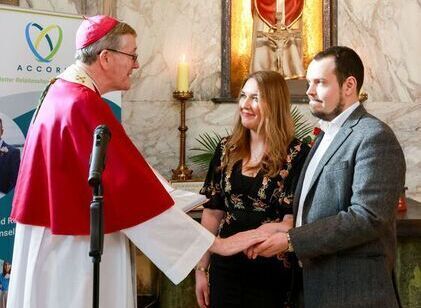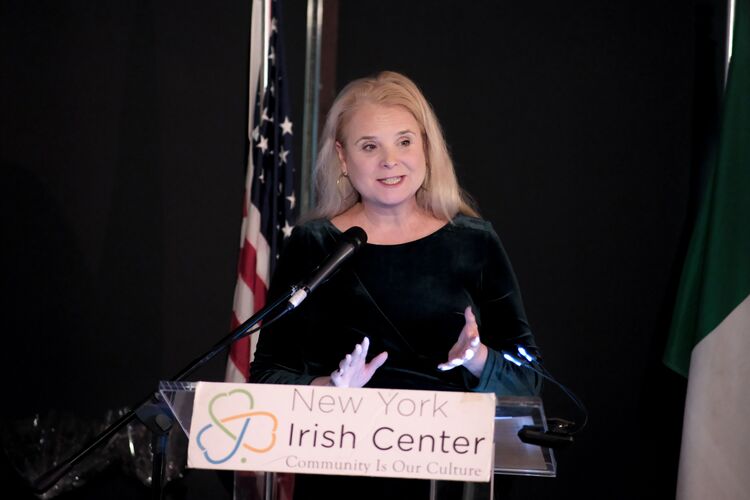Ireland has been going through one of its periodic brainstorms on the matter of neutrality. The Russian invasion of Ukraine is significantly responsible for this of course.
But the latest round of discussion and consideration has been broadened to consider the republic's security in the context of neutrality.
Irish neutrality, for the most part, means not being a member of NATO.
However, consider this. Dublin has a deal with London that if, say, Russian bombers continually flew into Irish air space it would be the Royal Air Force that would take to the skies to shoo the Russians away.
Now let's say that one Russian bomber took extreme umbrage and dropped a bomb on Galway. Presumably, the RAF might retaliate and now we have a conflict between the UK and Russia with Ireland, thus far, the only victim of actual attack.
NATO members, all thirty of them, would now be obliged to rally to the UK's side.
And all because of Irish neutrality.
Okay, this is far-fetched; very far-fetched. But it is a theoretically possible scenario in a world where Russia sees military action as, somehow, a divine right of a latter day Tzar named Vladimir Putin.
The Irish government has been holding a series of gatherings in recent days as part of its Consultative Forum on International Security.
Security and neutrality sit side by side in the Irish governmental mindset and, increasingly, in the public consciousness. With regard to the former, Ireland, quite simply, does not have the means to fully defend itself in its skies and seas.
So the matter of national security is a standalone, or can be. Neutrality, in this context, is a separate matter.
Prior to the forum meetings in Cork, Galway and Dublin, the Irish Times and the polling company Ipsos held an opinion poll that turned up, according to a Times report on the findings, a "clear majority support for the retention of Ireland’s current model of neutrality. But voters also want to see the State 'significantly increase its military capacity' to defend airspace and territorial waters."
Added the report: "Asked if they support the State’s current model of military neutrality or if they would like to see it change, 61 per cent of voters said they favoured the current model, while just more than a quarter (26 per cent) said they would like to see it change. Thirteen per cent of respondents expressed no opinion.
"Among voters who favour a change in the policy of neutrality, there is majority support for joining Nato and closer EU defence co-operation. Among these voters 71 per cent are in favour of joining a closer EU defence co-operation, while 56 per cent support joining Nato.
"Though the poll findings represent a decline in support for neutrality of five points since last year, strong support remains for the status quo as the Government prepares to hold a series of public discussions about the future.
"However, there is also strong support (55 per cent) for “significantly increasing Ireland’s military capacity” to defend airspace and territorial waters. But a majority of voters who expressed an opinion are also in favour of seeking help from other countries for our defence needs.
"Asked if Ireland should seek help from other countries to protect our undersea internet cables – a mounting concern in Europe and the United States – 48 per cent said we should seek help, with 36 per cent saying we should 'use our own Defence Forces.' Three per cent said the cables do not require protection, while 13 per cent said they do not know.
"Asked about the arrangement – recently revealed in The Irish Times – under which the British Royal Air Force defends Irish airspace, 40 per cent said they were happy with the arrangement, 12 per cent said they were unhappy, 12 per cent said they were neither happy nor unhappy, while 33 per cent said they were unaware of it."
It's worth pointing out that since 1999 Ireland has been a member of NATO's Partnership for Peace, a program aimed at increasing information sharing between members and non-members. There is considerable flexibility in this arrangement and it does not require a military commitment on Ireland's part.
Meanwhile, the ground has clearly been shifting a bit when it comes to neutrality. But not to the point that any clear break with past and current policy is likely anytime soon. What's more significant is the shifting ground when it comes to national security, most especially in the skies and at sea.
The bottom line is that a country can remain neutral, but such a policy can only be at its most pure when it can defend itself, and not have to rely on the military power of the next door neighbor.









